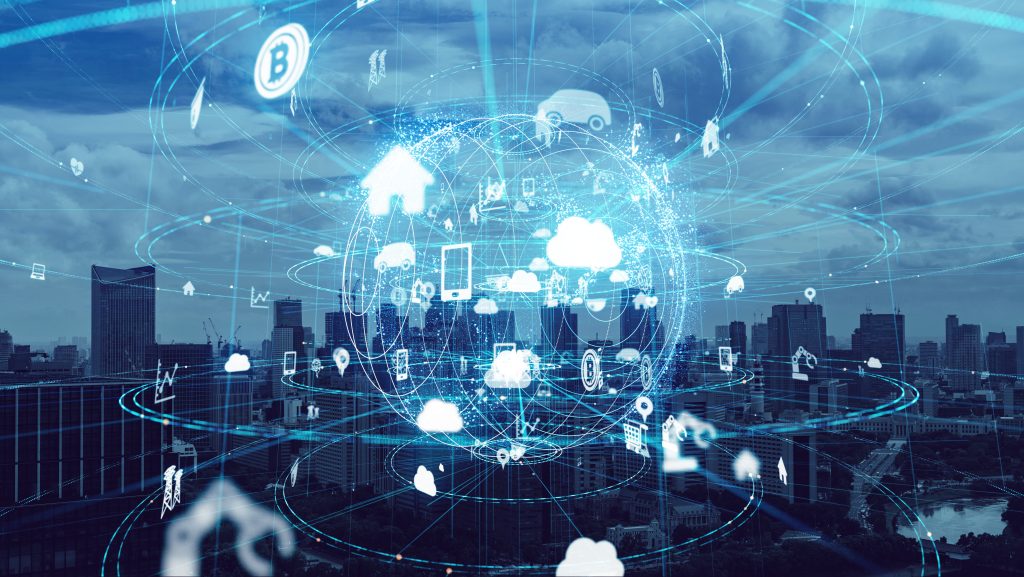 Artificial Intelligence (AI), the ability of machines to mimic cognitive functions such as learning and problem solving, has been a staple of science fiction and a significant goal of systems development for many decades. AI is a reality today, and continues to evolve at the same time that it is being incorporated into real-life applications including manufacturing planning, operations, and supply chain management.
Artificial Intelligence (AI), the ability of machines to mimic cognitive functions such as learning and problem solving, has been a staple of science fiction and a significant goal of systems development for many decades. AI is a reality today, and continues to evolve at the same time that it is being incorporated into real-life applications including manufacturing planning, operations, and supply chain management.
In fact, the AI market is predicted to grow from US $8B in 2016 to US $72B in 2021 and 86 percent of the top 100 companies in R&D spending worldwide are manufacturers.
Where are manufacturers putting this investment? What’s driving their interest in AI?
AI is a key component in the next generation of analytical systems that are evolving to make good use of the flood of data being delivered by the Internet of Things (IIoT), particularly in predictive analytics. AI is also an important part of the next generation of planning and optimization systems.
Analytics: Intelligence for Big Data

Analytics is a general term that includes computer programs and toolsets that facilitate the process of organizing and manipulating data in such a way that meaning or intelligence can be harvested from it. Think of yesterday’s data warehousing and the “slicing and dicing” tools. Now think about trying to do the same kind of analysis on the “big data” that is currently flooding our systems. There’s just too much data, and much of it is unstructured, so doesn’t fit neatly into traditional databases and analysis programs. New kinds of data management and analysis programs, with a strong AI component, are up to the challenge. Working under the guidance of a trained data scientist, the human and the machine can make sense of the data and uncover the hidden truths buried in the tsunami of raw data that IIoT provides.
Planning and Optimization
The state-of-the-art in planning is simulation-based optimization technology. It starts with a detailed model of the process, which can be a by-product of CAD/CAM design and engineering. IIoT provides detailed “actual” experience about how the process actually works in the real world so the system can build a more complete model of equipment performance, tool wear, quality challenges, and more. Through AI, the system “learns” how the plant really operates and uses this knowledge to develop realistic plans that take all environmental factors into consideration. In the nest systems, this modelling and learning extends to the extended enterprise or supply chain so plans can include suppliers, distribution, transportation providers and other considerations as well as the factory itself.
AI is the key to getting full benefit from the flood of data that IIoT provides. It is also an essential ingredient in today’s most advanced planning and optimization systems that can generate truly realistic and achievable plans and schedules for the plant and the supply chain. Furthermore, AI’s modeling provides the earliest possible warning of impending deviations from expected activities and results, and digitally test alternative remedial actions to find and recommend the most efficacious actions to bring the plant, supply chain and processes back into control.
